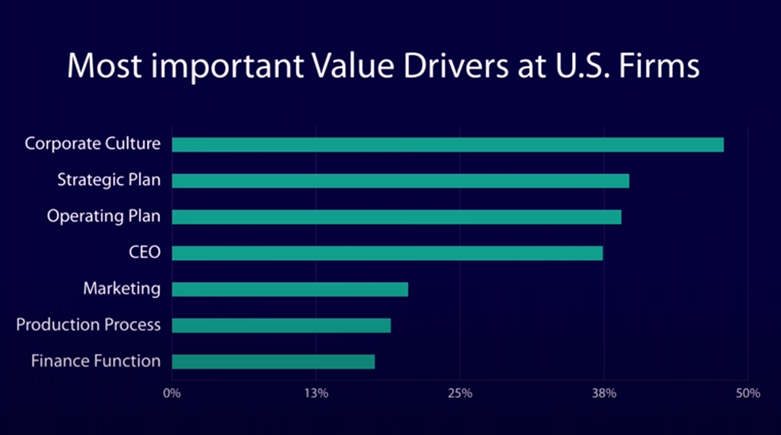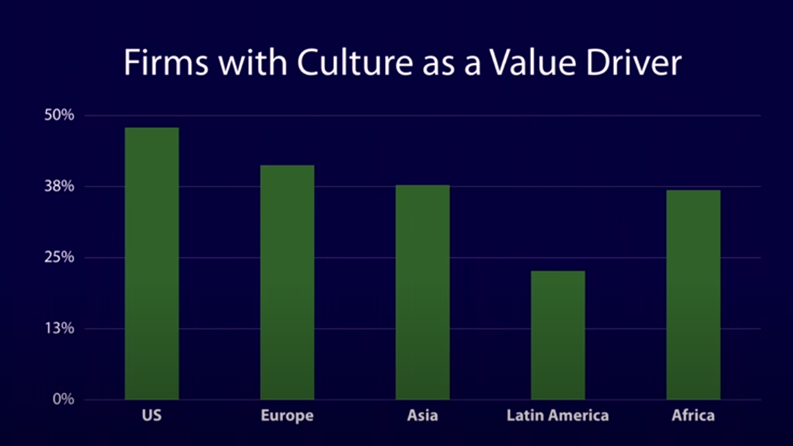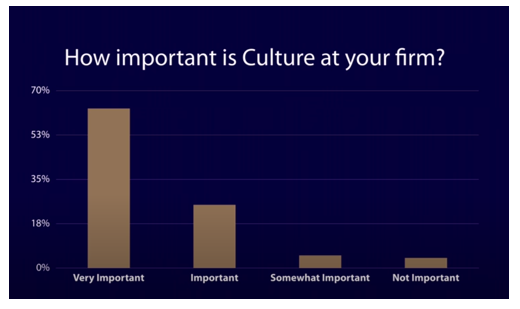INTRODUCTION
Corporate culture can be compared to natural forces such as winds and tides. They are there in the background sometimes unnoticed, sometimes obvious. Corporate culture is made of instinctive repetitive habits and emotional responses.
A company’s culture is the collection of self-sustaining patterns. It includes behaving, feeling, thinking, and believing. These patterns determine the way you do things around. Corporate culture is often linked to the success or the failure of the business.
In other words, corporate culture reflects the company’s employees and the management’s beliefs and behaviors. It determines how they interact and handle a situation outside their daily business scenario. A company’s culture can be reflected in the employee’s attire and office hours.
Culture is seen in setup, benefits, turnover, and hiring decisions. It affects how you handle and treat your clients. Corporate culture shows how satisfied your clients are with the services you provide. There are many other aspects of operations.
HISTORY OF CORPORATE CULTURE
The concept of corporate culture started during the 1960s. Corporate culture was not only emerging in business. It emerged in other organizations like hospitals, schools, colleges, and universities.
Corporate culture was coined in the early 1980s. It became popular during the 1990s. Back then, sociologists, managers, and teachers followed this culture. They used it to tell the features of an organization.
Corporate culture included strategies, communication, relations, management, and so on. The culture also explained the logo or slogan of the organization.
In 2015, the whole world was following corporate culture. Corporate culture was influenced by the economy as well.
HOW DO YOU IMPROVE YOUR CORPORATE CULTURE?
Corporate culture is a flexible phenomenon. It is ever-changing. A particular company’s culture doesn’t need to be appropriate for another company. A culture might work for one company. But it may not work for another. With that being said, there is always room to improve any company’s culture. There might be instances when the culture becomes toxic. And it can take a while to turn around.
Improving the corporate culture in any company starts with leadership. The leaders must define the culture. They should obey those corporate cultures. It is just not about the board of directors. The board of directors hires the CEO. But the CEO and the leadership team are the ones that instill that corporate culture into the company. Now the culture must permeate the mid-level management and the rank. It should file employees also. So, the employees of all levels buy-in and live the culture on a day-to-day basis.
Secondly, the company must invest in corporate culture. Companies should give time and resources. The company should pay attention to establish the corporate culture. So, this involves recognizing when employees act in a way that’s by the culture. It includes celebrating those achievements and even having promotional and hiring decisions based on achieving the culture of the firm.
And finally, this is a continuous, long-term commitment by the company. This is not something that is achieved in a weekend retreat somewhere. This has to be happening week after week at the company to get the culture to where you need it to be.
IS CORPORATE CULTURE IMPORTANT?
There is a research published by John Graham, Campbell R. Harvey (J. Paul Sticht Professor of International Business at Fuqua), Jill Popadak (Assistant Professor of Finance at Fuqua), and Shivaram Rajgopal (Professor at Columbia Business School) on corporate culture. It concludes that corporate culture is often blamed for massive business failures. At the same time, it is given credit for huge successes. To back this up, they interviewed and surveyed numerous CEOs, CFOs, and executives of companies. The surveys gave insight into corporate culture.

They were asked about value drivers and things that create value at their companies. Corporate culture came out on the top. Out of a long list of possible value drivers, they ranked corporate culture first. In other words, they believe that corporate culture came out as the most important value driver in the US as well as all over the globe.

Next, they pondered how important is it to an individual firm. So, they asked them: “How important is corporate culture at your firm?” As a result, about 90% of executives responded that culture is either important or very important.

As quoted by one of the interviewed executives, “Culture allows you to execute. Culture is like the tendons and ligaments that hold the body together and allow it to be healthy as a body and execute daily.” Executing an effective culture provides the desired outcome of the organization.
So why do organizations believe that corporate culture is crucial?
Firstly, a good corporate culture portrays a perfect picture to the stakeholders. It will attract more customers. More customers mean more sales. This might turn into brand loyalty in the long run as well.
The relationships between the executives and the employees become strong. Respectable and friendly business environment will regard the organization as stable. This will attract many investors. Investors willing to assist in the time of expansion.
In addition to the strong relationship, employee turnover will reduce. There will be close and friendly relationships between the executives. This will make the employees feel wanted and respected in the organization. They will be motivated to work. As ‘Theory Y’ of Herzberg states, they will be willing to work and will not take work as the burden.
Moreover, this also means they will be likely to stick around. This will increase retention in the company. It decreases the turnover. Longer the employees stick together; the team will know each other better. So, they will have great chemistry.
A highly motivated employee and good chemistry between the team members will lead to greater outputs. In other words, a healthy corporate culture encourages employees to work harder. They will deliver quality products and services. This will result in high sales and higher profits.
TYPES OF CORPORATE CULTURE
- Team-oriented Corporate Culture
Employees’ happiness is the main concern of the organization with team-oriented corporate culture. Employees of every department are friends in such companies. The team is social. Employees socialize outside the work too.
Similarly, employees give feedback to each other. In team-oriented corporate culture, employees help each other. They are happy to work.
Zappos is a popular example. It follows team-oriented corporate culture. The culture is fun there. The work environment is caring.
However, team-oriented corporate culture has a drawback. It is hard to maintain in large organizations.
- Elite Corporate Culture
Companies with elite corporate culture are highly innovative. They take huge risks. But they are not scared of the risks. Employees in such companies are very talented. The company only hires employees with great talents. Companies with elite corporate culture do not hire employees who follow orders. They want employees who can think differently.
SpaceX is one of the companies with elite corporate culture. Elon Musk, no doubt, worked really hard. He thought out of the box. And now, NASA is using the spaceship of the company.
Elite corporate culture, however, can lead to unhealthy competition. The more you work, the more you get promoted. So there can be a rivalry.
- Horizontal Corporate Culture
Organizations with horizontal corporate culture have the lowest hierarchy possible. There is no job title or seniority. Everybody is on the same level. Mostly, horizontal corporate culture has only bosses and employees. There are no managers or executives.
Horizontal corporate culture reduces middle management. Some organization removes it too. So there is a lesser hierarchy between boss and employees.
Organization with horizontal corporate culture is also called a self-managed organization. Employees manage their works themselves. Everyone makes their own decision. And they are responsible for their work.
Valve is the most famous example of horizontal corporate culture. It is a gaming and designing company. Valve includes games like Half-Life, Counter-Strike, Portal, and so on. There are no job titles at Valve. Nobody tells employees what to do. Employees are free to choose any project. They can start their project as well. Employees should manage the teams and funds themselves. So, this aspect is taken differently by different individuals. Some find it interesting. Some see too much risk.
- Conventional Corporate Culture
Mostly, traditional companies have a conventional corporate culture. There are strict rules. Guidelines are given to every department. The employees should perform the assigned roles.
The employees are not very friendly. Employees from different departments barely talk to each other. The work environment is dry. Also, employees don’t take part in decision making. CEO makes all the decisions.
GE follows the conventional corporate culture. It was founded in 1892. There are some changes. But the work environment is still dry.







